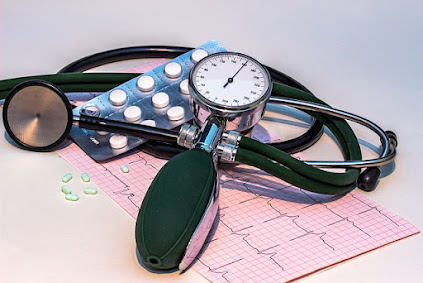Drinking enough water is essential to maintaining health and well-being. The human body is made up of approximately 60% water and every system in the body depends on water to function properly. Despite this, many people do not drink enough water every day. In this post, we explain why you shouldn't drink less water.
1. Dehydration
When you don't drink enough water, your body becomes dehydrated. Dehydration can cause a variety of symptoms, including headaches, fatigue, dizziness and dry mouth. Severe dehydration can also lead to seizures and unconsciousness.
2. Digestion problems
Drinking enough water is important for proper digestion. If you don't have enough water, your body will have trouble breaking down food and absorbing nutrients, which can lead to constipation and other digestive problems.
3. Kidney Stone
Drinking enough water is one of the best ways to prevent kidney stones. If you don't drink enough water, minerals in your urine can crystallize and form stones in your kidneys, which can be very painful to pass through.
4. Exercise Performance
If you are an athlete or a regular athlete, it is essential to drink enough water for optimal performance. Dehydration can lead to decreased endurance, decreased response time, and cognitive impairment.
5.Skin Health
Drinking enough water is important to maintain healthy skin. If you don't drink enough water, your skin becomes dry, itchy, and prone to rash. Drinking enough water helps keep your skin moist and supple.
6. Weight loss
Drinking enough water helps you lose weight. Drinking water before meals can prevent overeating by making you feel full. Drinking water can also boost your metabolism and burn more calories.
7. Cognitive function
Drinking enough water is essential for proper brain function. Dehydration can lead to headaches, fatigue, and cognitive impairment, which can make it difficult to focus and perform well at work or school.
Drinking enough water is very important for maintaining good health and well-being. It is important to drink at least eight glasses of water every day, and you should drink more when you exercise or when it is hot. If it's hard to drink enough water, carry a water bottle and drink it all day long.





